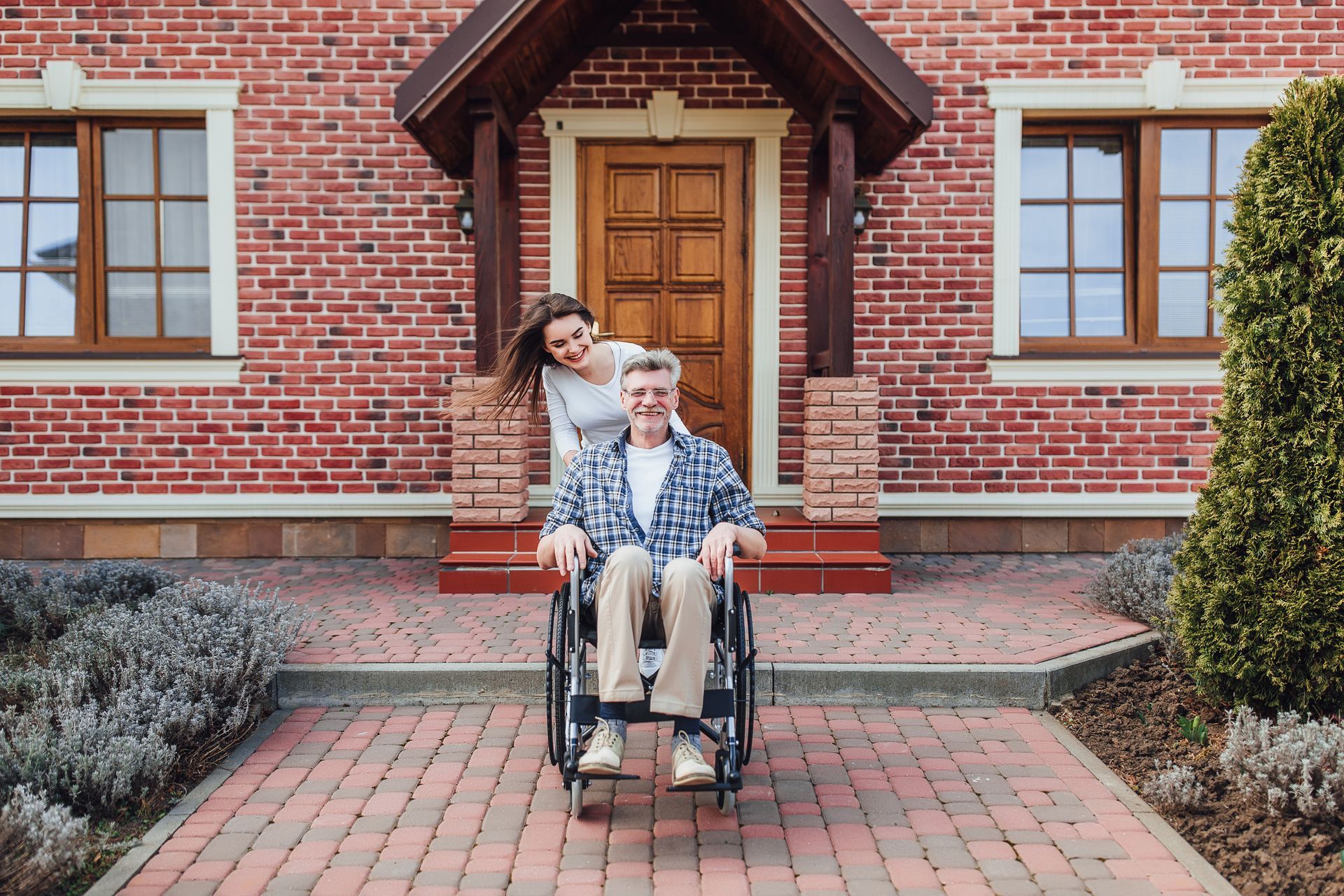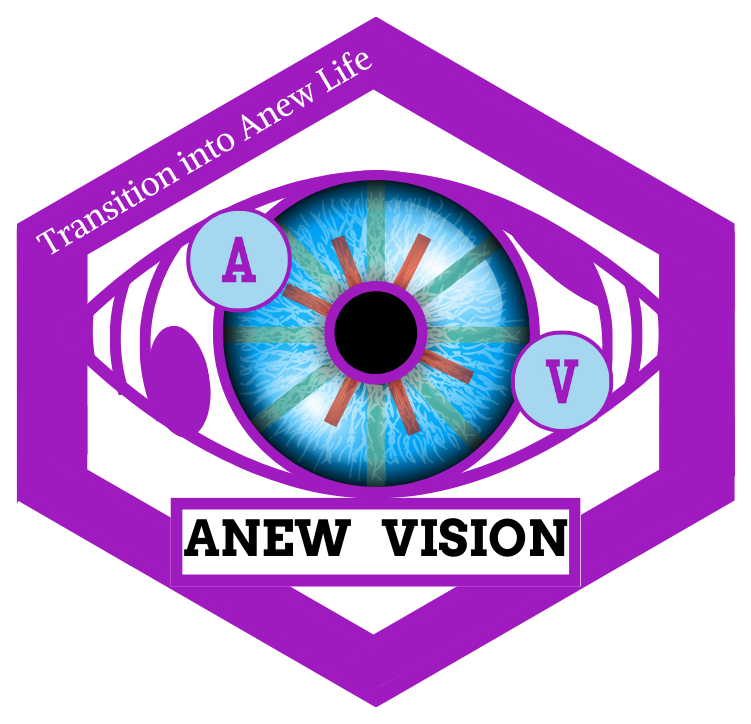Top 5 Benefits of Sober Living Homes in Fort Worth
If you or a loved one is on the path to recovery from substance use, choosing the right environment can be the difference between relapse and lasting sobriety. Sober living homes in Fort Worth offer much more than just a safe place to stay-they provide a structured, supportive foundation for personal growth, accountability, and the development of life skills necessary for independent living.
In this article, we’ll explore the top five benefits of sober living homes in Fort Worth, explain how these supportive environments work, and answer some of the most frequently asked questions about sober living. Whether you’re considering sober housing for yourself or a loved one, this guide will help you make an informed decision for your recovery journey.
What Are Sober Living Homes?
Sober living homes are residential environments designed for individuals recovering from substance use disorders. Unlike inpatient rehab or detox facilities, sober living homes provide a bridge between intensive treatment and a return to independent living. Residents live in a substance-free setting, follow house rules, and benefit from peer support and structured routines.
Sober living homes are not just about abstaining from drugs or alcohol-they’re about building a new life, developing healthy habits, and learning to thrive in recovery.
Structured Environment for Stability
One of the most significant benefits of sober living homes in Fort Worth is the structured environment they provide. Structure is crucial for individuals in early recovery, as it helps replace the chaos and unpredictability that often accompanies addiction.
What Does Structure Look Like in Sober Living Homes?
- House Rules: Residents must adhere to clear guidelines, such as curfews, mandatory attendance at house meetings, and participation in chores.
- Routine Drug Testing: Regular drug and alcohol screenings help maintain a safe, substance-free environment.
- Daily Schedules: Consistent routines-including meal times, group activities, and self-care-help residents develop healthy habits.
- Accountability: Staff and peers help residents stay on track with their recovery goals.
A structured environment reduces stress, minimizes triggers, and provides a sense of security. According to the Substance Abuse and Mental Health Services Administration (SAMHSA), a stable living environment is a key component of successful recovery.
Learn more about our structured transitional living services and how we foster stability for residents.
Peer Support and Community Connection
Recovery is rarely a solo journey. One of the greatest advantages of sober living homes is the opportunity for peer support and community connection. Residents live alongside others who understand the challenges of addiction and recovery, creating a powerful sense of camaraderie and mutual encouragement.
How Does Peer Support Help?
- Shared Experiences: Residents share their stories, offer advice, and provide emotional support.
- Mentorship: Those further along in recovery can guide and inspire newcomers.
- Accountability: Peers help each other stay committed to sobriety.
- Social Activities: Group outings, meetings, and recreational activities foster healthy relationships and combat isolation.
Research from the National Institute on Drug Abuse (NIDA) highlights the importance of social support in preventing relapse and promoting long-term recovery.
Explore how our supportive community empowers residents every day.
Effective Relapse Prevention
Relapse prevention is central to the mission of sober living homes. By enforcing strict substance-free policies and providing ongoing support, these homes create an environment where sobriety is the norm and residents are equipped to handle high-risk situations.
Key Relapse Prevention Strategies
- Substance-Free Living: Zero-tolerance policies for drugs and alcohol.
- Regular Testing: Frequent screenings help ensure accountability.
- Supportive Staff: Trained professionals are available to provide guidance and intervene if challenges arise.
- Education: Residents learn about triggers, coping strategies, and warning signs of relapse.
According to the National Institutes of Health (NIH), ongoing support and a safe environment are critical for preventing relapse and maintaining recovery.
Read about our relapse prevention strategies and personalized support programs.
Life Skills Development for Independence
Successful recovery is about more than just abstaining from substances-it’s about building a fulfilling, independent life. Sober living homes in Fort Worth prioritize life skills development, helping residents prepare for the challenges of daily living after treatment.
Essential Life Skills Learned in Sober Living
- Financial Management: Budgeting, paying bills, and saving money.
- Employment Support: Resume building, job searches, and interview preparation.
- Healthy Relationships: Communication, conflict resolution, and boundary setting.
- Self-Care: Nutrition, exercise, and stress management.
- Time Management: Balancing responsibilities and leisure.
By practicing these skills in a supportive environment, residents gain confidence and competence, paving the way for long-term success.
Discover our life skills programs designed to promote independence.
Accountability in Recovery
Accountability is a cornerstone of effective sober living. Residents are responsible for their actions, from following house rules to participating in group activities and supporting their peers. This culture of accountability not only discourages relapse but also empowers individuals to take ownership of their recovery journey.
How Is Accountability Maintained?
- House Meetings: Regular check-ins to discuss progress and address challenges.
- Chores and Responsibilities: Everyone contributes to the upkeep of the home.
- Progress Assessments: Staff provide feedback and help residents set goals.
- Peer Feedback: Residents support and encourage each other to stay on track.
Accountability helps residents build self-discipline and integrity-qualities that are essential for maintaining sobriety and achieving personal goals.
Learn how our accountability-focused approach supports your recovery.
Why Choose Sober Living in Fort Worth?
Fort Worth offers a unique blend of compassionate care, professional expertise, and a vibrant recovery community. At Anew Vision Transitional Living, we are dedicated to providing person-centered support, individualized plans, and a welcoming environment for every resident.
What Sets Us Apart?
- Experienced Staff: Our team includes professionals with extensive experience in addiction recovery.
- Individualized Care: We tailor our programs to meet each resident’s unique needs.
- Community Focus: Our homes foster a sense of belonging and mutual support.
- Affordable Options: We offer a range of housing choices to fit different budgets.
Whether you’re seeking structure, support, or a nurturing environment, sober living homes in Fort Worth are equipped to help you achieve lasting recovery.
Frequently Asked Questions (FAQs)
What is a sober living home?
A sober living home is a substance-free residential environment designed to support individuals in recovery from addiction. Residents follow house rules, participate in group activities, and receive support from peers and staff.
How much does sober living cost in Fort Worth?
Costs vary depending on the type of room and amenities, but typically range from $500 to $6,000 per month. For more details, visit anew vision today.
Is insurance accepted for sober living homes?
Most sober living homes do not accept insurance, but we can assist with employment resources to help residents become financially independent.
Do sober living homes provide addiction treatment?
Sober living homes generally do not offer formal treatment but provide a supportive environment for those attending outpatient programs or therapy. Learn more at SAMHSA’s Recovery Housing page.
Who is eligible to live in a sober living home?
Eligibility typically includes a commitment to sobriety, willingness to follow house rules, and sometimes completion of a detox or rehab program.
Can couples or families live together in sober living homes?
Most sober living homes are gender-specific and do not accommodate couples or families. Contact us for referrals or more information.
What rules do residents have to follow?
Rules include maintaining sobriety, attending meetings, participating in chores, and adhering to curfews. These rules are designed to support recovery and accountability.
How do sober living homes help prevent relapse?
By providing a stable, substance-free environment, regular monitoring, and peer support, sober living homes significantly reduce the risk of relapse. For more on relapse prevention, see NIDA’s resources.
What kind of support is available in sober living homes?
Residents benefit from peer support, staff guidance, and access to local resources such as counseling, employment assistance, and 12-step meetings.
Ready to Begin Your Journey?
If you or a loved one is considering sober living in Fort Worth, contact Anew Vision Transitional Living today to learn more about our programs, financial assistance options, and how we can help you transition into a new life of sobriety and fulfillment.









